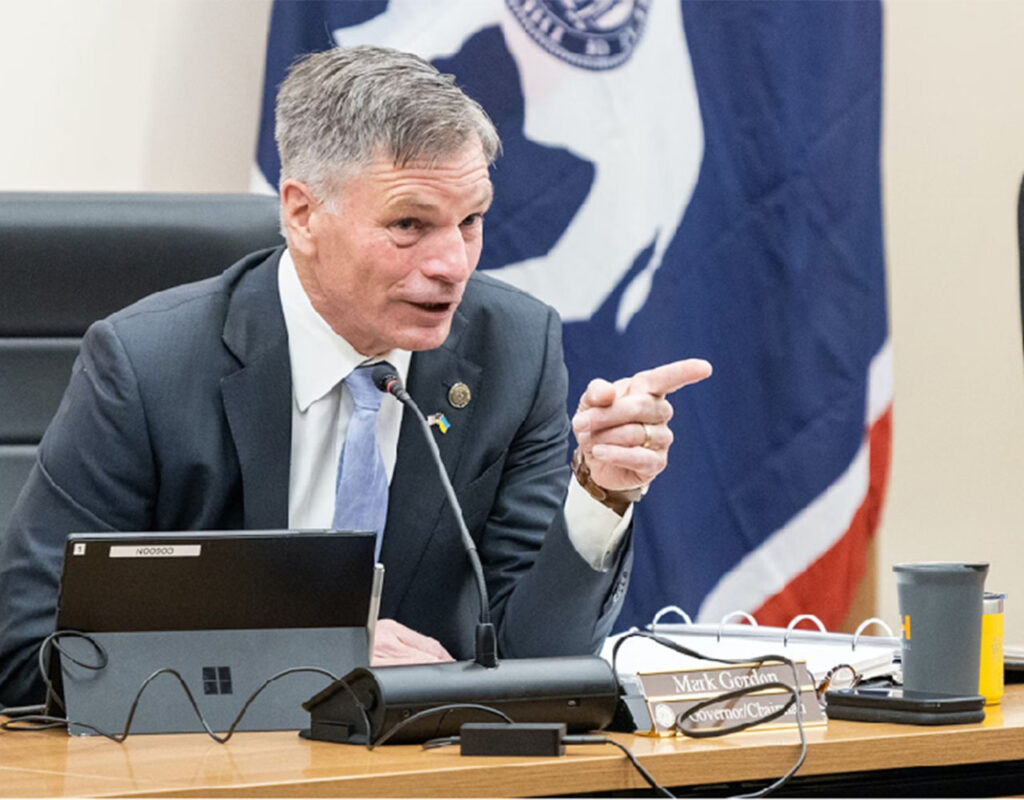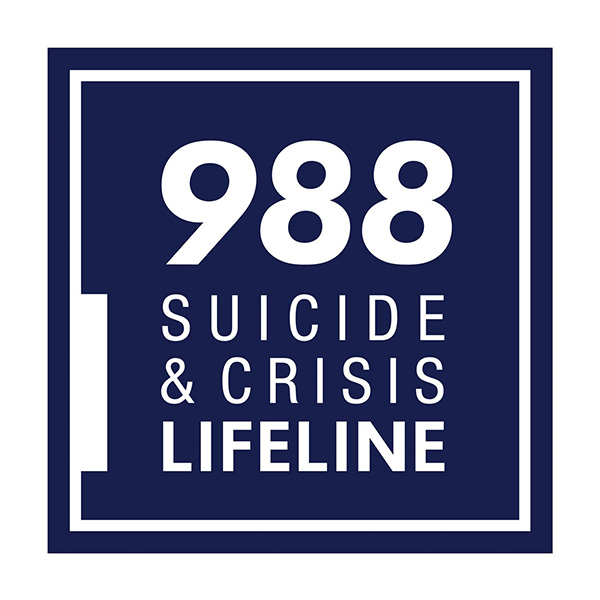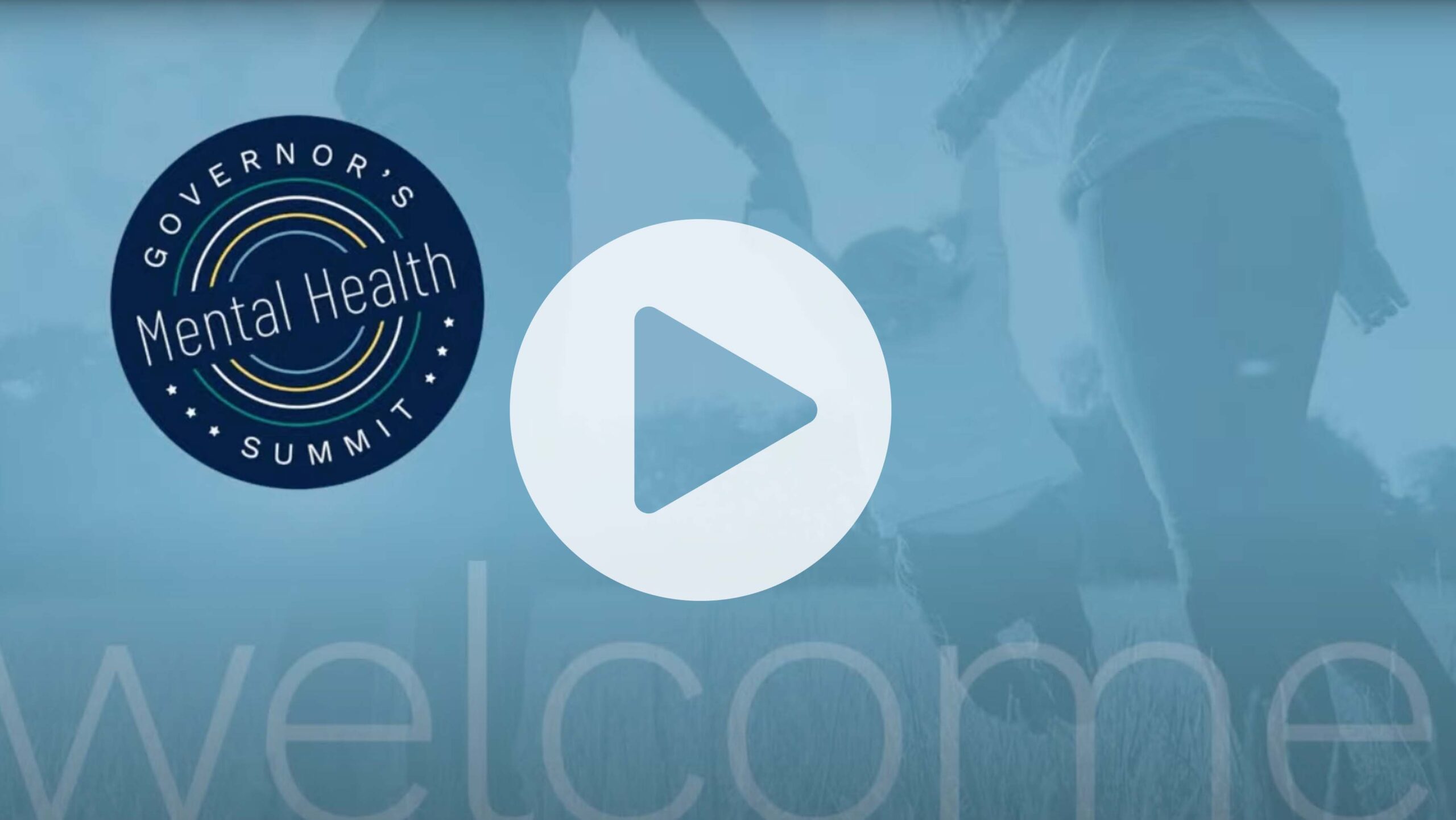With one of the highest suicide rates in the country, a title held for nearly a decade, rural Wyoming faces unique challenges to overcome its decline in mental health. Access, understanding, awareness, and funding combine to create seemingly insurmountable hurdles, yet the Governor of Wyoming, Mark Gordon hopes to change this by hosting regular mental health summits to keep the conversation going.
In the wake of the decision to temporarily fund the 988 Suicide Hotline for only two years, these summits are now more important than ever, serving as a way to find out what communities in Wyoming truly need.
“As the state has expanded its effort to address the needs of those with mental health issues, gaps in services have been identified and populations not being well served have been identified. It would be nice to wave the ‘magic wand’ and have all the gaps closed, but the reality is the process needs to be well thought out and policies adopted to address the problems well into the future. This year, the legislature created a Mental Health Task Force to provide policy recommendations back to the legislature on some of the unresolved mental health challenges,” says Wyoming House District 54 Representative Lloyd Larsen.
According to the Cowboy State Daily, Governor Gordon explains that it takes a community approach to effectively address mental health. “What’s wonderful about Wyoming … is we’re a tight-knit community, and today we are going to be the community,” said Gordon at the recent summit.
“We very often hear that Wyomingites believe there is a mental health ‘crisis.’ Many people know that we have a high suicide rate, but many may not know how to get actively involved to be part of the solution. From the government standpoint, we know that we need to determine the direction for mental health in Wyoming, and develop policies to ensure that Wyoming has a strong ‘safety net’ system,” explains Jen Davis, Senior Policy Advisor for Human Services in the Governor’s Office. “The only way to truly address this issue is focusing upstream on prevention. My favorite quote about this work is ‘when we know better, we do better.”
“The Governor’s mental health summits are a key piece to the puzzle,” says Molly Hughes, Executive Director of the Hughes Charitable Foundation. “If we are to truly address the issue of mental health, we must be willing to learn and grow as a state, yet also return to our values of neighborly love and community connection and support.”
While there is no easy answer to solving the mental health crisis, hope grows brighter as more and more people gain awareness of the issue and join in on the conversation. Together, we can find ways to provide our communities with what they need to thrive.
You can also help bring more hope by getting involved in these initiatives. Join the discussion and get involved with the Governors Mental Health Summit Educational Series.


